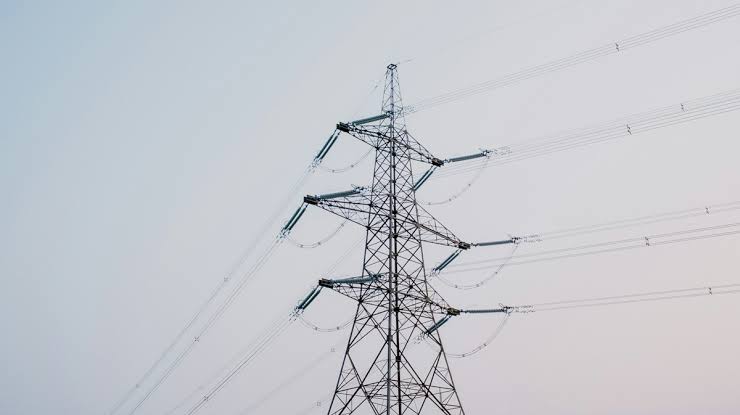EU commits €1.3 billion to boost renewable energy and political stability in Bangladesh

By Abbas Nazil
The European Union has pledged €1.3 billion to support the growth of renewable energy in Bangladesh, marking a significant move to drive industrial sustainability and political stability in the South Asian nation.
The announcement was made in late April during a convention held in Dhaka, the country’s capital, by Michal Krejza, Director of the European Commission’s Cooperation Unit.
The funding, part of the EU’s broader “I’ve got the Power” initiative, aims to accelerate the transition to clean energy in several partner countries, with Bangladesh emerging as a key beneficiary.
This substantial investment seeks to directly impact Bangladesh’s textile industry, which constitutes the backbone of the national economy and accounts for 80% of the country’s exports.
By facilitating the integration of renewable energy into this vital sector, the EU hopes to not only curb carbon emissions but also reinforce sustainable industrial development.
Authorities from both the EU and Bangladesh have recently convened to identify and prioritize the specific projects that will receive funding under the initiative.
The primary target of the investment is to increase Bangladesh’s renewable energy usage by 3% in the short term, contributing toward the nation’s broader energy goals.
The Bangladeshi government is working towards a renewable energy target of 15% by 2030 and a complete transition to 100% renewable energy by 2050.
The transition involves phasing out traditional combustion-based energy systems in favor of sustainable alternatives across factories and industrial zones.
However, the road to renewable integration presents significant challenges, especially in terms of financing and infrastructure.
One of the key obstacles lies in the decentralized nature of factory ownership and client relations.
Suppliers often serve multiple clients who do not individually control a large share of production, reducing incentives for any single buyer to fund energy upgrades.
This fragmented structure complicates the collective investment needed for meaningful green transitions.
Beyond environmental benefits, the EU also sees this initiative as a tool to promote political stability in Bangladesh.
Krejza emphasized that the funding is intended not only to speed up clean energy adoption but also to contribute to the establishment of fair and transparent electoral processes.
This dual-purpose approach underlines the EU’s commitment to linking sustainable development with democratic governance.
By channeling the funds through broader electrification programs, the EU aims to reinforce Bangladesh’s energy infrastructure while addressing systemic barriers to implementation.
The announcement represents a strategic partnership between Brussels and Dhaka, with the potential to shape the future of energy, economy, and democracy in Bangladesh.
